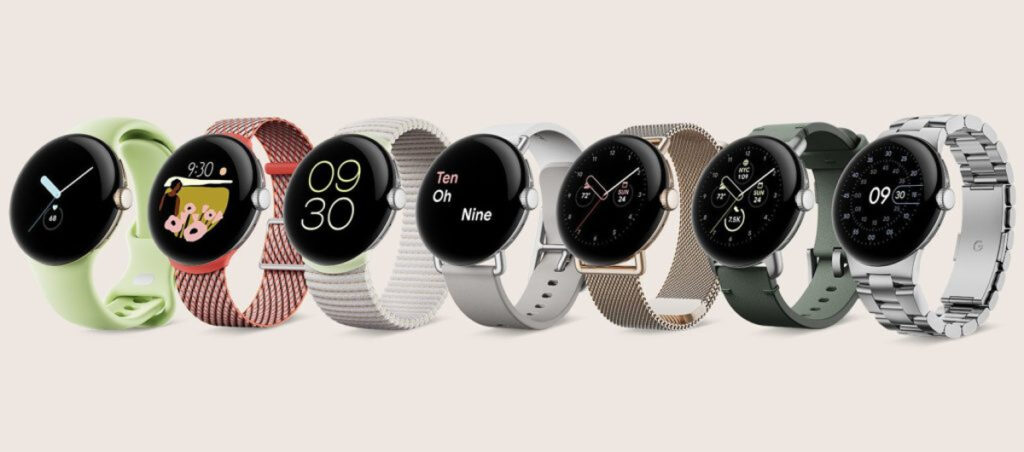Google is reinvigorating its inaugural smartwatch, the first-generation Pixel Watch, with a slew of updates that bring it closer in line with the Pixel Watch 2. These enhancements include automatic workout detection, pace training, and heart zone alerts, bolstering the fitness capabilities of Google’s smartwatch lineup. This move aims to provide more consistency across their offerings, especially as competitors like Samsung intensify their focus on health tracking.

Although Google had previously announced plans to bring certain Pixel Watch 2 features to the original model, the availability of the update has only been confirmed recently. Rolling out starting March 11 in the US and March 4 in other markets, the update brings significant features like pace and heart zone training. Users can now set targets for pace and heart rate zones, receiving alerts when they deviate from these goals.
These features were well-received during testing, with the watch nudging users to maintain their desired pace during activities like running. While not revolutionary, these additions narrow the gap between general-purpose smartwatches and specialized training devices like those from Garmin. However, it’s worth noting that the Pixel Watch 2 boasts a new, more accurate heart rate sensor.
Furthermore, the update introduces automatic workout detection for various activities, including running, walking, elliptical workouts, spinning, outdoor biking, treadmill exercises, and rowing—addressing a significant limitation of the original Pixel Watch. Users can also track their time spent in specific heart rate zones during workouts and utilize the Fitbit Relax app for breathing exercises. Additionally, Google Maps now offers public transit directions on Wear OS watches.
Despite these improvements, the Pixel Watch 2 still holds some advantages for health enthusiasts, such as its updated heart rate sensor and irregular heart rhythm notifications. Nevertheless, the update significantly enhances the original Pixel Watch’s fitness tracking capabilities. This development coincides with Samsung’s efforts to strengthen its health-tracking features, including the introduction of the My Vitality Score and the upcoming release of the Galaxy Ring fitness tracker.






